
With a cup of coffee in his hand in the middle of his living room, Dennis Jimenez shows us a stack of 20 boxes that he picked up the previous day at the hospital. It’s a month long treatment that substitutes the functions of his damaged kidneys.
The floor of his home is cement and the only space that has a ceiling is Dennis’s room. Eight months ago, when he was diagnosed with chronic kidney disease (CKD), the hospital told him that he could accomodate his room in order to perform dialysis on himself. This way, the doctors say, he can enjoy a better quality of life since he will be closer to his family.
But he didn’t have the money to install a ceiling nor for the sink, which he was already able to build. He was going to do it with the financial aid that Liberia city hall approved for him, but the months went by and they didn’t give him the money. So Dennis had to ask a friend for a loan.
The city deposited ¢385,000 ($680), the maximum amount of aid allowed per person, eight months after he requested it, which is when this newspaper asked about the delay in depositing the money.
This isn’t the only case. In 2014 the city approved a budget of five million colons ($8,850) for patients like Dennis who need to prepare their rooms in order to perform dialysis or ostomies. Today, four years later, the city has only helped five people and still has three million ($5,310) colons available.
This is the finding of an investigation by the The Voice of Guanacaste as part of its GuanaData project, which seeks to increase transparency at city halls through budget analysis in benefit of communities.
The city’s social development coordinator, Yadira Lopez, said that they are waiting to spend the remaining three million colons in order to expand the project and assign it a bigger budget.
Why is the Money Still There?
In 2010, the security ministry approved the transfer of five million colons to the city in order to help families most in need. The city council decided to give the money to people who perform dialysis or ostomies on themselves because they tend to live in poor conditions.
This was confirmed in an interview with The Voice of Guanacaste in January by doctor Mónica Espinosa, whose medical team attends to 115 patients with CKD.
Almost 99% of our patients live in poverty,” she said on that occasion.
Despite this, Yadira López says that there have only been seven requests in four years. Why are there so few if Guanacastecans are the most affected by this disease in the country and if accommodating their rooms is one of the biggest needs?
It’s because, in order to get the money, patients must visit the community representative in order to find out what the requirements are to make the request, then talk with the unit’s medical team and the department of social work at the hospital in order to get an official reference that the patient can use to apply for the aid.
According to doctor Espinosa, this is when cases get stuck because the social work department has to attend to all of the requests from every department of the hospital and not just the dialysis unit.
At times, the patients must wait for a visit from the Mixed Social Aid Institute (IMAS). This is a lot of running around for the family member filing the request.
Finally, the transfers aren’t made quickly, so they aren’t reflected as complete in the budget. Between 2014 and 2017, only one person’s aid appears as having been transferred, despite five having been approved.
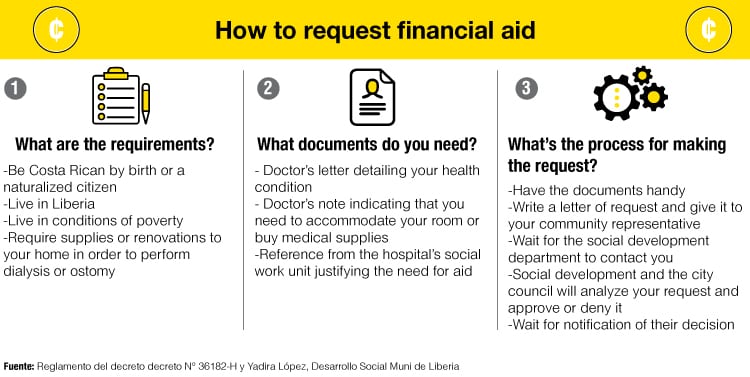
Delays Everywhere
According to sources who were consulted, the delays in money transfers started in previous years. It wasn’t until 2014 that city hall launched the regulations with the requirements for providing the money and this document was approved two years later, in 2016.
The money exists and approvals are granted, but the biggest delays are in payment from city hall,” Lopez said.
Mayor Julio Viales said that the payments are slow because of the implementation of a new accounting system at city hall. But that system was implemented this year.
Despite the fact that all those involved in the request process know how to do it, the process is not usually fast and that has delayed the investment of five million colons for patients like Dennis.


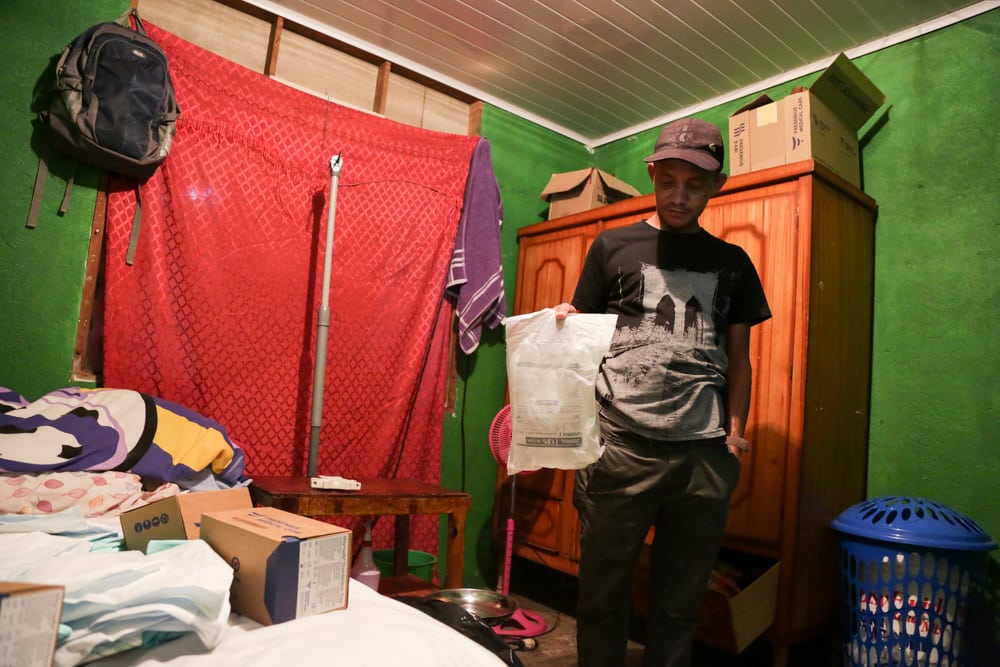
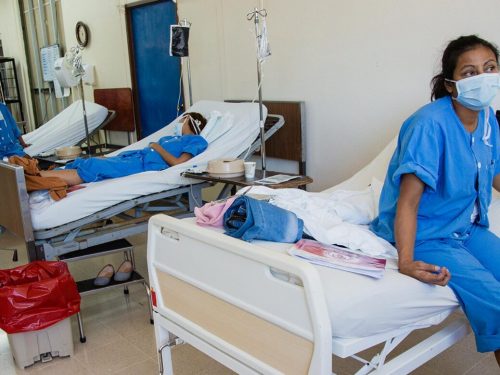
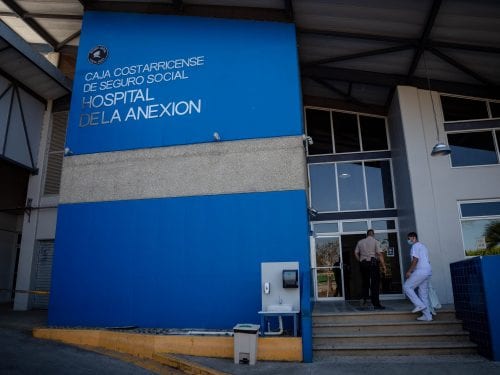
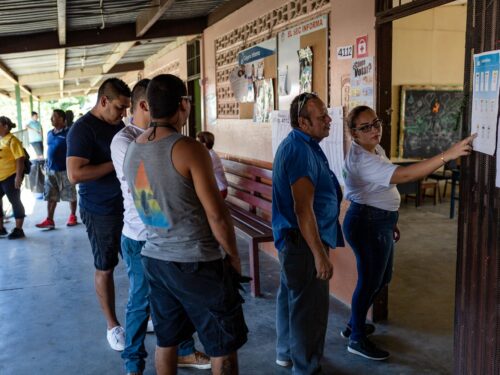

Comments